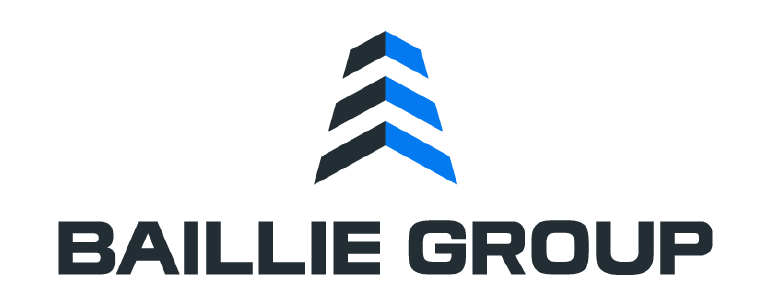Think about all the times someone has asked you, “What does your company do?” How often have you stumbled for an answer or given a response that clearly went on too long?
An “elevator pitch” is a tool designed to handle situations like this—and to aid sales teams in quickly encapsulating their products or services for prospective clients. As the name implies, the pitch must be quick. Some say under a minute, others opt for a much more rapid delivery of 8-10 seconds. Whatever the case, every business should have such a pitch ready to go, at any time.
When communicating with potential customers this is what we tell them:
"Succeeding in business is hard. Buying your hardwoods shouldn’t be! At the Baillie Group, we make it simple and easy. Our unmatched supply and industry expertise, together with our passion to serve, ensures you access to the right hardwoods at the right price and time.
Don’t waste time and energy worrying about your hardwood needs. Instead, trust us as your hardwood advisor so you can focus your attention on more pressing issues. Leave your frustration and anxiety behind and move forward with confidence by choosing the Baillie Group as your hardwood advisor and supplier."
Crafting just the right elevator pitch isn’t easy. Here are a few tips that we believe have helped us when dealing in the hardwood lumber industry.
Keep it short and jargon-free. An elevator pitch isn’t a sales pitch, so the timing is critical. Aim for 30 seconds, with the goal of further cutting it back to 10-15 seconds. Just as importantly, frame the pitch in everyday language people can understand—no industry jargon, acronyms, abbreviations, etc.
ProsperoHub suggests avoiding words “like ‘synergy,’ ‘optimize,’ ‘efficiency,’ ‘ROI,’ and so on.” Terms like these “will have your panicked prospect looking for the exit signs.”
Focus on what differentiates you from the competition. As we have noted before, the hardwood lumber industry has an abundance of suppliers, so it’s vital to articulate ways in which your business can stand out. Many times Cherry, White Oak, Hard Maple, or Walnut from one supplier can sometimes be very similar to that of another supplier. By paying close attention to what competitors promise, you can “introduce one or more differentiating factors about your business that make you stand out.”
Of course, in an elevator pitch, this “differentiating factor” must be described in a matter of seconds.
Emphasize outcomes, not product features. Your product or service may come with a variety of outstanding features, but an elevator pitch isn’t the place to highlight them. Remember, what a prospect most wants to know is that purchasing your products or services will help them achieve their desired outcomes. In other words, your elevator pitch must touch upon some or all of the following elements:
- A clear grasp of the customer’s needs
- Empathy for challenges your customers face
- A sense of authority on your company’s part
Should your elevator pitch do its job and capture a prospect’s attention, be prepared to follow up with “data you can readily share in the form of case studies, customer testimonials, fact sheets, industry awards, and so on.”
Practice until it’s perfect. It’s rare that an elevator pitch emerges in a perfect state right away. But by rehearsing the pitch out loud to yourself and others, you can hear where it works and where the delivery falls flat. Your objective is to put together a very brief summary of what your business does and how it can benefit the listener in a format that feels relaxed and conversational. You’ll only achieve this goal through practice.
These days, no one has the time or inclination to sit through a long-winded description of your business. You—and your sales team—will reap considerable benefits by crafting an elevator pitch that gets straight to the point.
Are you part of the hardwood lumber industry? In what ways have you been effective in using an “elevator pitch” as a tool? Let us know! We would love to hear your insights!
Tony C.
The Baillie Group

